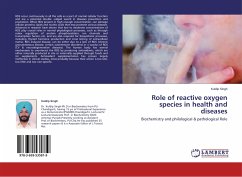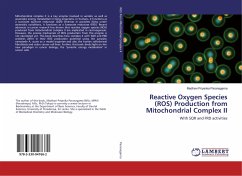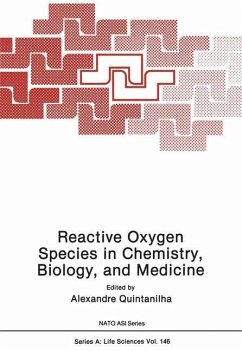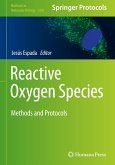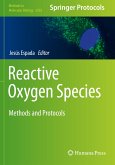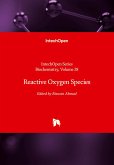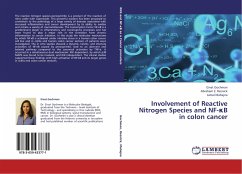ROS occur continuously in all the cells as a part of normal cellular function and are a potential double -edged sword in diseases prevention and promotion. When ROS present in high enough concentration, can damage cellular proteins, lipids and nucleic acids that may promote various diseases. Advances in research have shown that low to moderate concentrations of ROS play crucial roles in normal physiological processes, such as through redox regulation of protein phosphorylation, ion channels and transcription factors etc. and are also required for biosynthetic processes, including thyroid hormone production and cross linking of extracellular matrix. ROS induced disease, can be either due to a lack of ROS (chronic granulomatous disease, certain autoimmune disorders) or a surplus of ROS (CV & neurodegenerative diseases). The human body has several mechanisms to counteract the ROS by producing antioxidants, which are either naturally produced in situ or externally supplied through foods and /or supplements. Antioxidant supplementation has proven largely ineffective in clinical studies, most probably because their action is too late, too little and too non-specific.
Bitte wählen Sie Ihr Anliegen aus.
Rechnungen
Retourenschein anfordern
Bestellstatus
Storno

